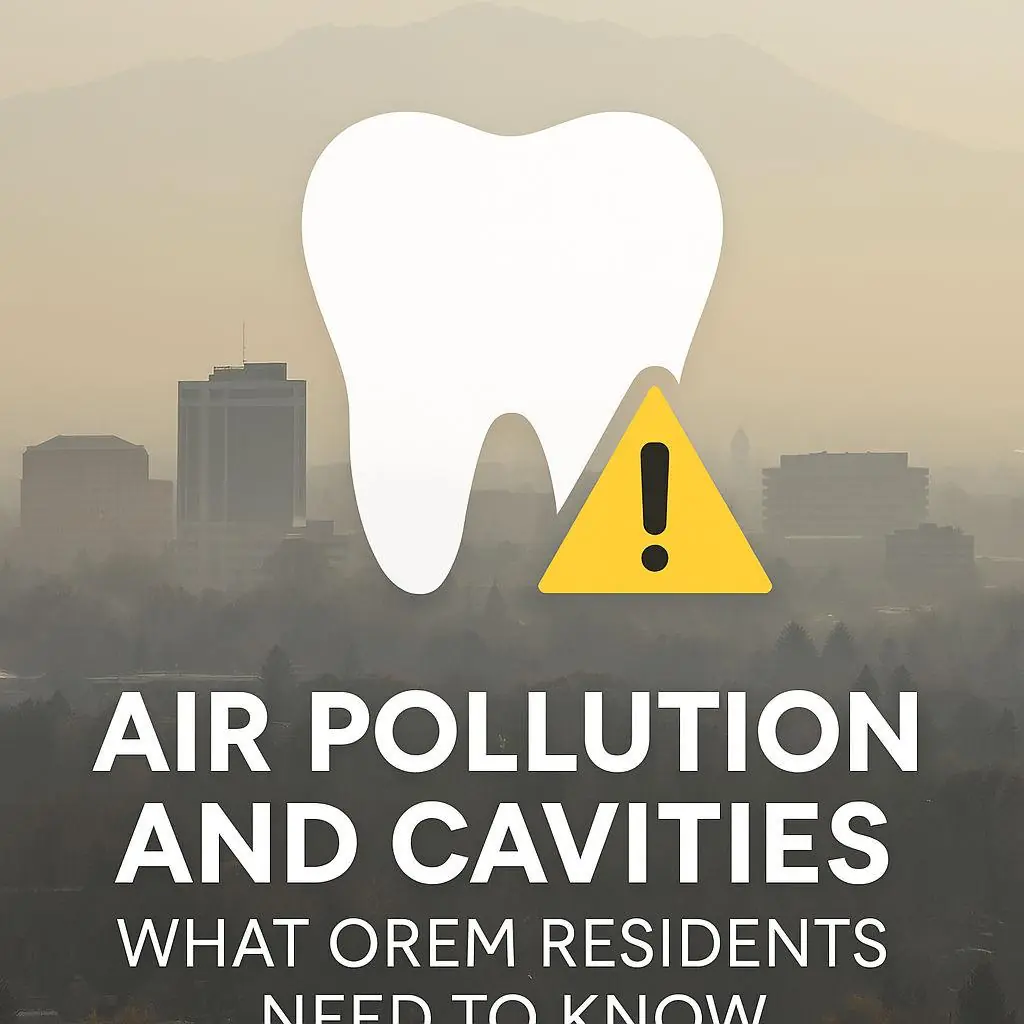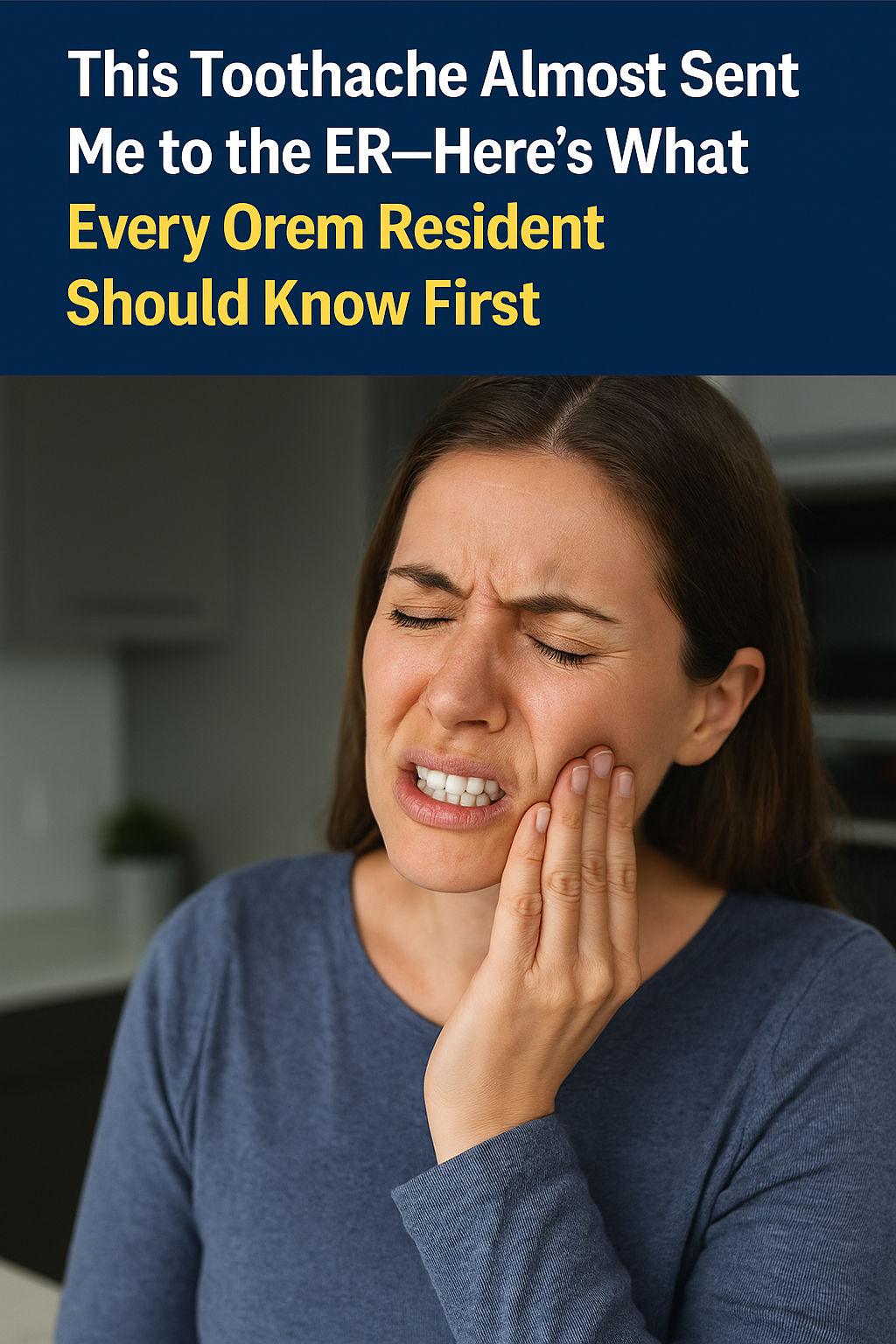Blog Highlights
- Gum disease or periodontal disease, which is inflammation of the gums, is an uncomfortable condition
- In order to combat gum disease and the other issues it can lead to, it’s important to take care of your mouth
- Fortunately, there are a few simple things you can do everyday in pursuit of good oral hygiene
It’s safe to say that most people know the importance of brushing their teeth. In general, keeping teeth clean and strong leads to long-lasting, healthier teeth throughout life. However, the benefits of good oral hygiene go far beyond clean teeth and fresh breath. Maintaining good oral hygiene is one of the best ways to prevent gum disease. According to the American Academy of Periodontology, close to half of American adults suffer from gum disease.
Gum disease or periodontal disease, which is inflammation of the gums, is an uncomfortable condition, but what’s truly concerning is that gum disease has been linked to other conditions, such as heart disease, cancer, diabetes, and strokes. In order to combat gum disease and the other issues it can lead to, it’s important to take care of your mouth and develop good oral hygiene habits.
Benefits of Good Oral Hygiene
- Better gum health
- Fresh breath
- Healthier pregnancy and stronger fertility
- Lowered risk of type 2 diabetes
- Lowered risk of developing Alzheimer’s disease
- Lowered risk of cancer
- Lowered risk of stroke
- Lowered risk of heart disease and heart attacks
- Reduced chance of root canals
- Reduced chance of needing oral surgery
- Reduced chance of losing your teeth
- Reduced chance of tooth decay
- Reduced chance of cavities
- Reduced levels of tooth sensitivity
As you can see, maintaining good oral hygiene benefits not only your mouth and teeth, but also your overall health. Fortunately, there are a few simple things you can do everyday in pursuit of good oral hygiene and general health:
- Brush your teeth twice a day using a fluoride toothpaste (or whatever your dentist recommends)
- Floss at least once a day
- Drink water generously and especially between meals
- See your dentist regularly, at least twice a year
In most cases, taking preventative measures regarding your oral health can help you avoid more serious issues in the future. Gum disease can be treated, but your best chances at a favorable outcome are if the condition is caught early. If you have concerns about your teeth or oral health, speak with your dentist. They can help determine the best course of preventative measures or treatment for your teeth and gums.





